To provide the best experiences, we use technologies like cookies to store and/or access device information. Consenting to these technologies will allow us to process data such as browsing behaviour or unique IDs on this site. Not consenting or withdrawing consent, may adversely affect certain features and functions.
The technical storage or access is strictly necessary for the legitimate purpose of enabling the use of a specific service explicitly requested by the subscriber or user, or for the sole purpose of carrying out the transmission of a communication over an electronic communications network.
The technical storage or access is necessary for the legitimate purpose of storing preferences that are not requested by the subscriber or user.
The technical storage or access that is used exclusively for statistical purposes.
The technical storage or access that is used exclusively for anonymous statistical purposes. Without a subpoena, voluntary compliance on the part of your Internet Service Provider, or additional records from a third party, information stored or retrieved for this purpose alone cannot usually be used to identify you.
The technical storage or access is required to create user profiles to send advertising, or to track the user on a website or across several websites for similar marketing purposes.
 I was chatting to somebody last week about the person in the US who died, alone and ignored at a desk, unnoticed for over four days. Their instinctive and understandable response was to ask whether the story was apocryphal. Sadly, not. Sixty-year-old Denise Prudhomme had clocked into work at the Arizona office of Wells Fargo at 7 am on Friday, August the 16th. Her death some time that day went unnoticed until the following Tuesday afternoon, when a colleague discovered her body slumped over her desk in a cubicle. (more…)
I was chatting to somebody last week about the person in the US who died, alone and ignored at a desk, unnoticed for over four days. Their instinctive and understandable response was to ask whether the story was apocryphal. Sadly, not. Sixty-year-old Denise Prudhomme had clocked into work at the Arizona office of Wells Fargo at 7 am on Friday, August the 16th. Her death some time that day went unnoticed until the following Tuesday afternoon, when a colleague discovered her body slumped over her desk in a cubicle. (more…)





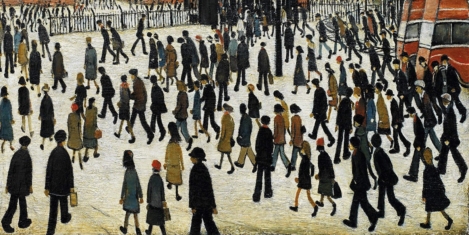
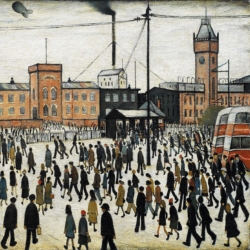
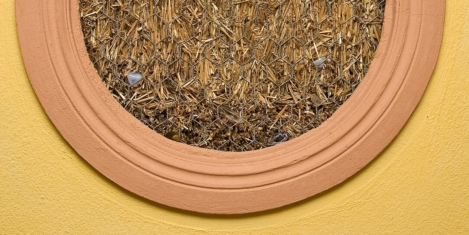
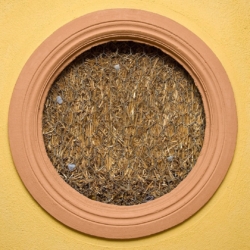










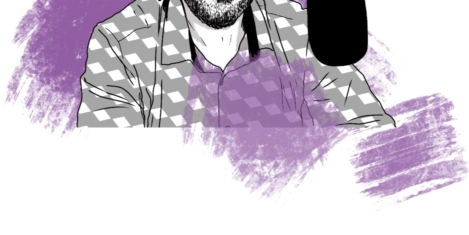












September 20, 2024
Hybrid working may just be a kink in the road to something better
by Mark Eltringham • Comment, Flexible working